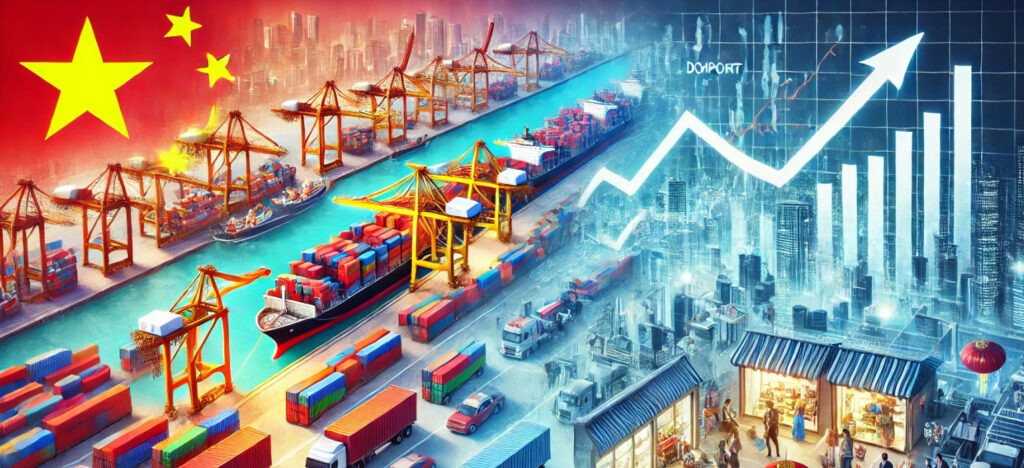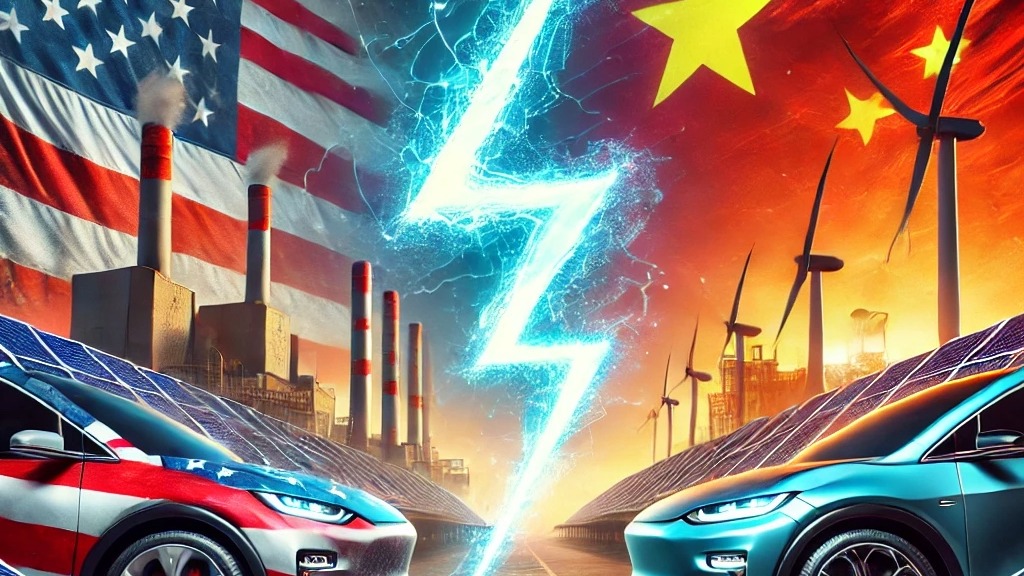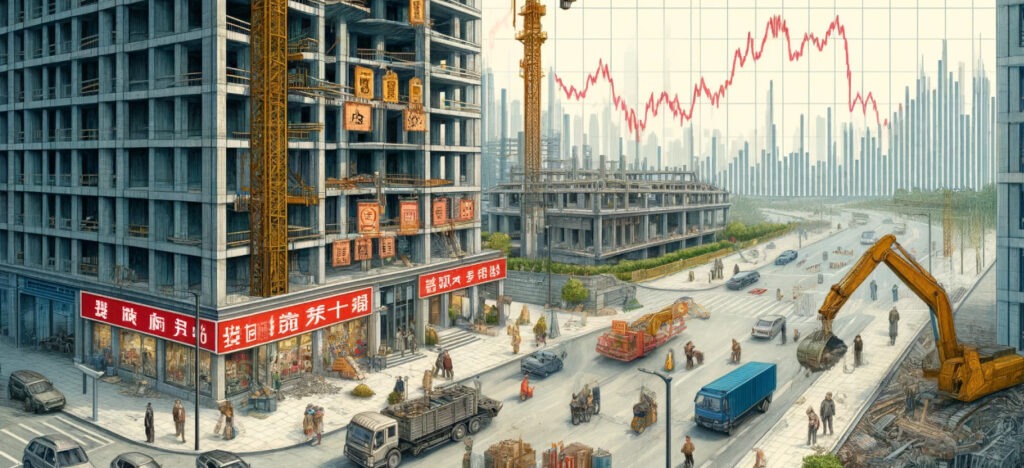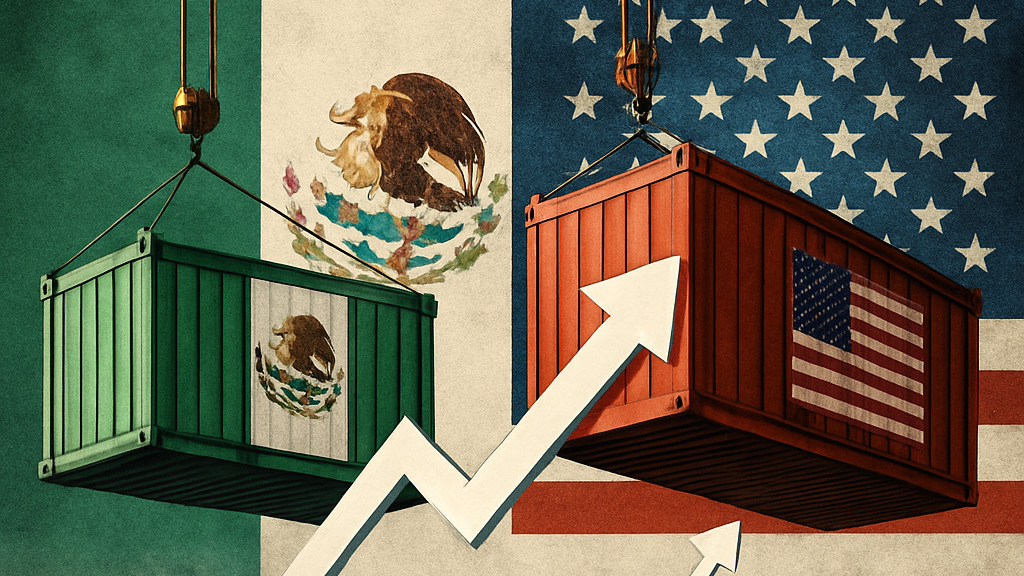China prepares for a new Trump term
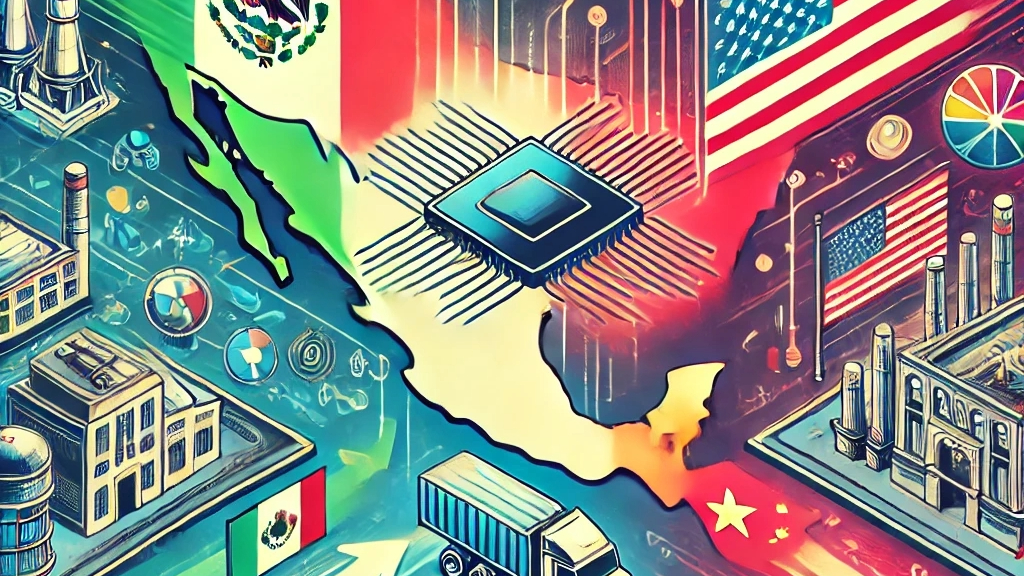
China is preparing to face renewed tensions with the re-election of Donald Trump as U.S. president, which would reignite conflicts over issues such as trade and technology.
Trump has announced his intention to impose tariffs of 60 % on all Chinese exports to the United States, which could deal a major blow to the Chinese economy, already facing high youth unemployment rates, a protracted housing crisis and mounting government debt.
According to a recent analysis by UBS, a tariff of such magnitude could reduce China's economic growth, which was already projecting modest figures, by 2.5 percentage points. The previous Trump administration had imposed tariffs on Chinese goods valued at more than $360 billion, which led China to negotiate a trade agreement in 2020. However, the fulfillment of these commitments was incomplete, and the Biden administration maintained most of those tariffs and even added more on products such as steel, solar panels and electric vehicles.
With Trump's re-election, the U.S. and China could return to negotiations under even greater tariff pressure, as China's weakened economic position could make it more amenable to dialogue.
The implications for Mexico within this new scenario are significant. Trump's re-election could represent a strategic opportunity for Mexico to attract investment from companies seeking to diversify their supply chains and reduce their dependence on China, driven by the Mexico-US-Canada Agreement (T-MEC) and by the geographic proximity that facilitates logistical collaboration. This allows Mexico to become a key link in the North American supply chain, particularly in sectors such as manufacturing and technology.
In addition, the U.S. focus on reducing risks in advanced technology supply chains, especially in the semiconductor sector, raises the possibility of Mexico strengthening its role in the production of technology components and attracting more investment in high-tech industries.
However, Mexico faces significant challenges in capitalizing on these opportunities. Logistics infrastructure, especially in terms of port modernization and land transportation connectivity, represents a critical area for improvement. Delays in these areas could limit the country's ability to respond to increased demand for trade and foreign investment. In addition, bureaucracy and local regulations are barriers that can slow economic growth if not addressed with the agility that the context demands.
Another latent risk is the Mexican economy's dependence on the United States. Trump's protectionist policies could translate into restrictions on trade with Mexico, affecting key sectors such as manufacturing, automotive, and the export of agricultural and electronic goods.
The commercial and technological relationship between the United States and China could also generate instability in the markets, indirectly affecting the flow of trade to Mexico.
Mexico will need to adapt quickly to remain competitive in the face of other countries' interest in attracting investments that seek alternatives to China. With a strategy of modernization and openness, Mexico can position itself as a reliable, efficient partner capable of responding to the demands of the North American market in an increasingly competitive environment.
Trump's re-election and his policies, while presenting risks, offer Mexico a unique opportunity to strengthen its position in the regional and global economy, provided it manages to overcome structural weaknesses and take advantage of the competitive advantage provided by its relationship with the United States.
Collaboration: Editorial Auge.

